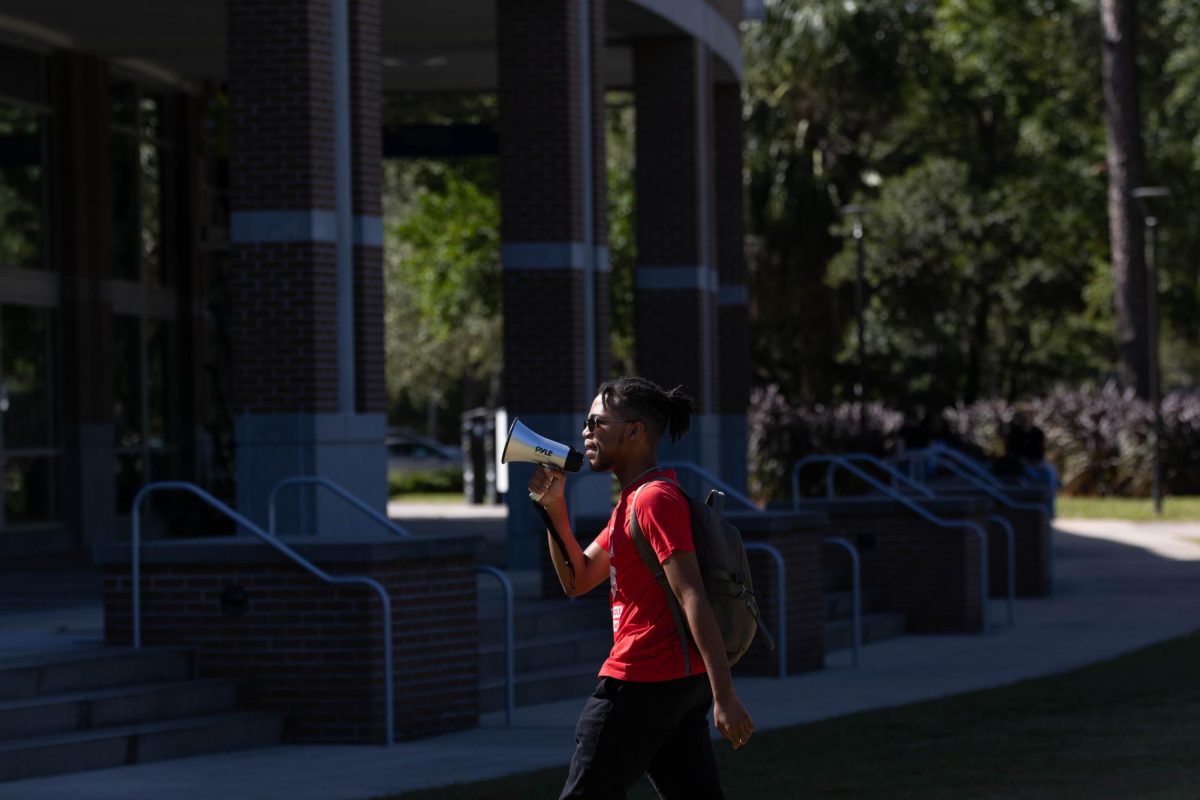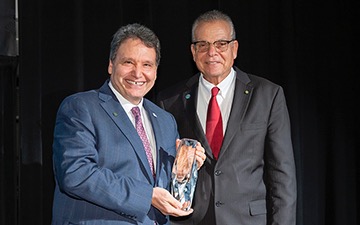Every UNF student will probably visit the library at some point in their careers. This massive five-story behemoth holds millions of books, movies and various other resources across its digital and physical collections. These collections weren’t instantly present but were added gradually over the 50-year history of UNF. With these countless books, it begs the question, which is the oldest? The answer is Epistolae Sancti Hieronymi, or when translated from Latin, “The Letters of St. Jerome.”
Epistolae Sancti Hieronymi is actually an incunabulum, or in other words, a book printed before 1500 A.D. It was printed by J. Rubeus Vercellensis in Venice in 1496, making it well over 500 years old and the oldest book by far that currently resides in the UNF Library.
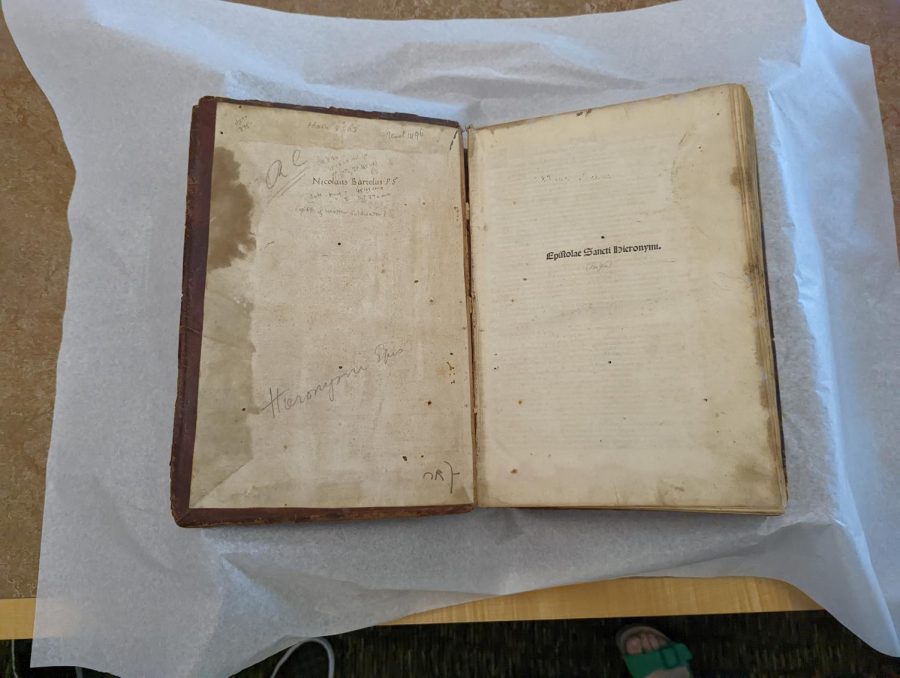
Saint Jerome was a Christian theological scholar and priest best known for his translation of the Holy Bible from Greek to Latin in 382 A.D. His translation was known as the “Vulgate,” and a variation of it is still used by the Catholic Church to this day. For his work, he is regarded as the patron saint of libraries, often depicted in paintings accompanied by books, papers and/or writing tools.
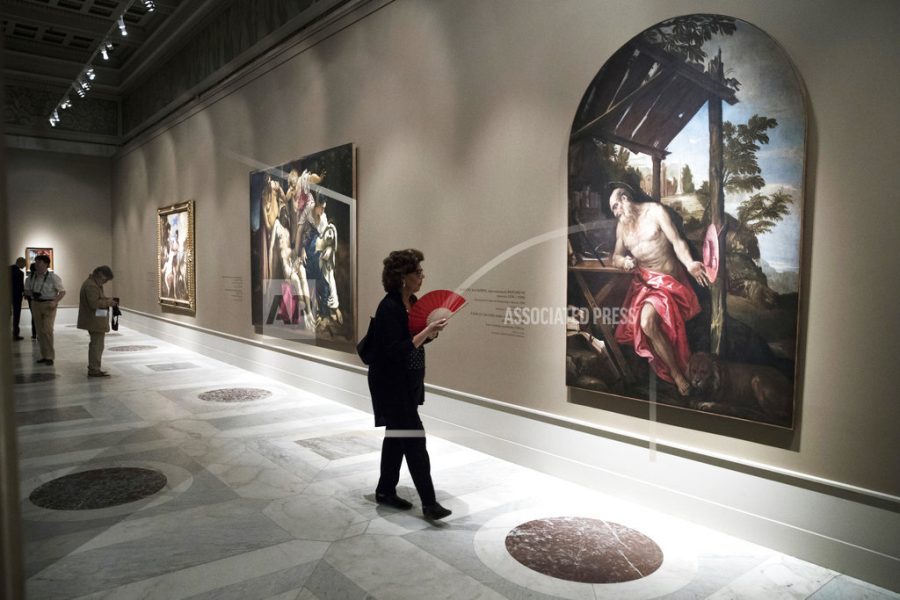
Epistolae Sancti Hieronymi is a two-volume collection of his letters and other works he penned during his life, which was first published in 1496, long after his death. Despite being printed via press, not handwritten, this particular version of the text can only be found in 11 libraries across the world, including UNF’s.
By the 20th century, it had fallen under the ownership of influential book collector, activist and chess player Walter Goldwater. It was one of many incunables in his collection. He was also a close personal friend of the first Director of Libraries at the time, Andrew Farkas.
As a tribute to that friendship and to celebrate the opening of UNF, he donated the book quite literally the day after UNF first opened for classes. Given that St. Jerome was the patron saint of libraries, it only made the donation of this book to celebrate the library’s opening all the more poignant.
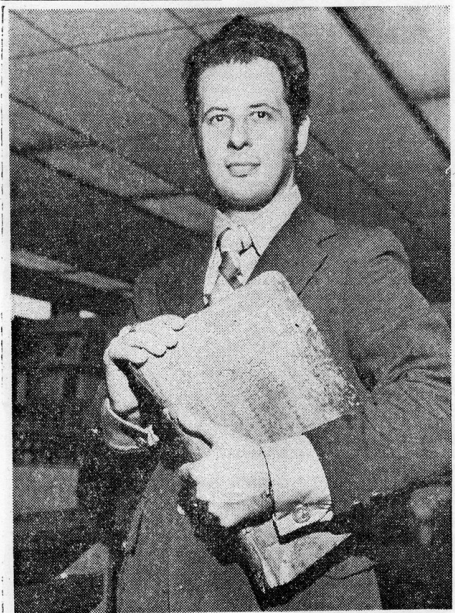
When he donated the book, Goldwater hoped it would “‘break grounds’ for a future Rare Book Department,” according to documents from the Library. This dream would later be realized with the Special Collections and University Archives.
So Epistolae Sancti Hieronymi wound up being one of the first 27,000 books donated to the UNF Library in the first year after the University opened, according to the Library’s annual report from 1972-1973. It has remained with the Library since then. Goldwater himself passed away in 1985.
As for the book today, it’s in remarkably good shape, considering it is far older than UNF, any living individual, and even the United States of America and most European colonization that preceded it.
The cover, which is made of tooled leather over oak boards, is still firmly bound to the heavy mass of pages.
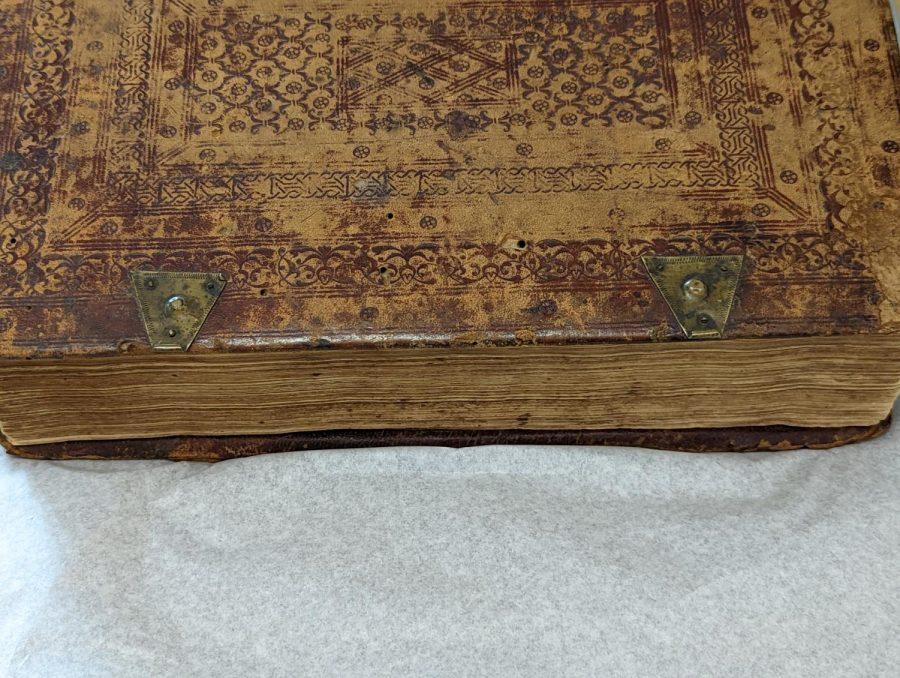
“For being 526 years old, it has little insect damage,” said Jennifer Bibb of the Special Collections and University Archives.
It is held in a custom-designed box and stored in a vault with specifically controlled conditions like temperature and humidity. It can only be looked at for 30 minutes at a time under the supervision of a qualified staff member and cannot be handled by anyone else. All these measures help ensure that it is kept safe from light and oxidation and remains preserved.
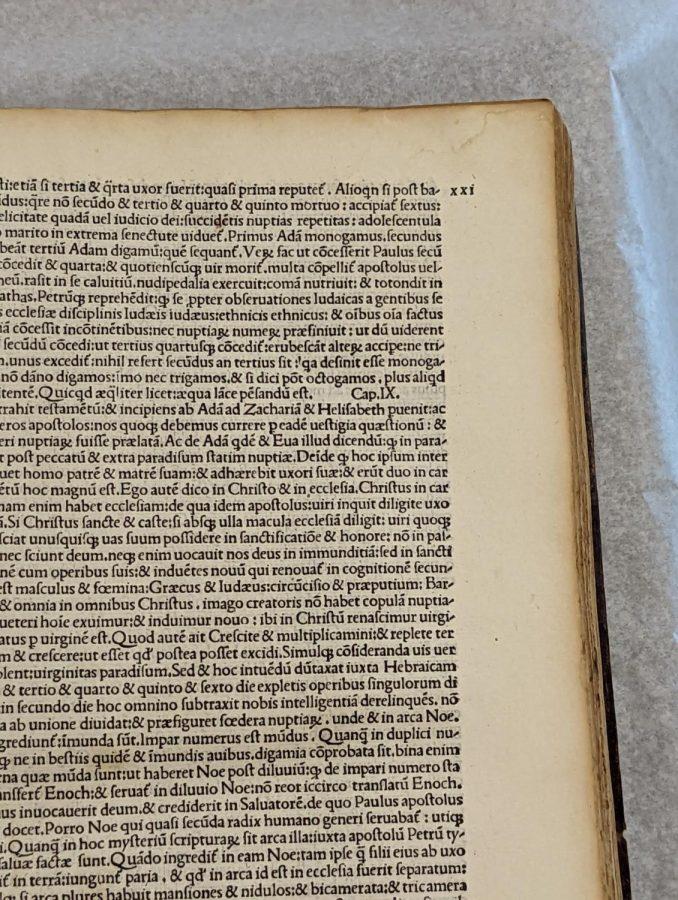
Another way they keep it preserved is by keeping it shut whenever possible. It likely hadn’t been opened for over a decade before now.
“I can’t recall the last time we opened it,” remarked Bibb, who has been with the Special Collections and University Archives for eight years.
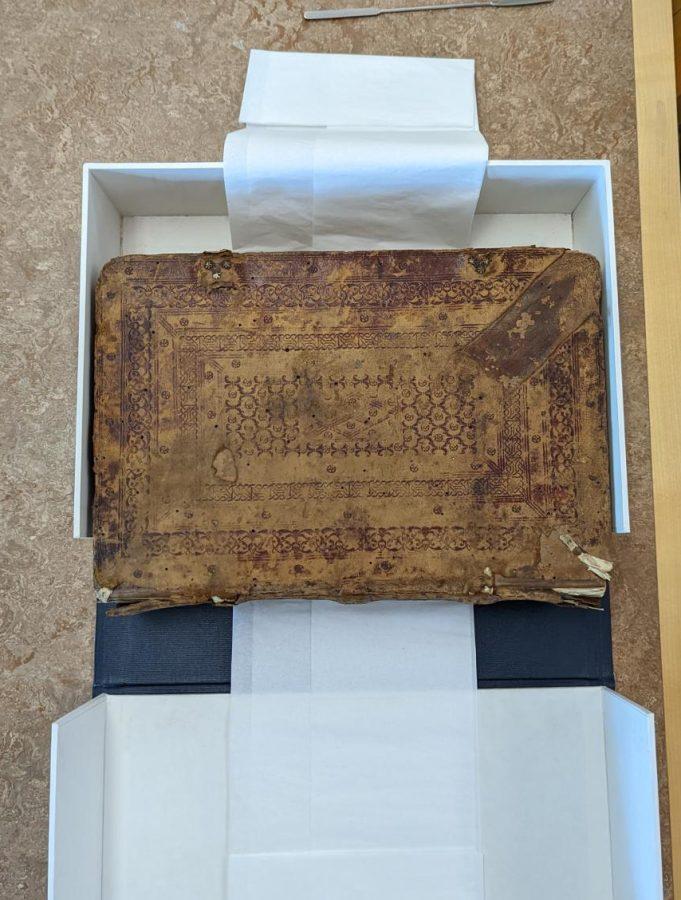
These procedures and policies help guarantee this prestigious book’s safe survival so many future generations can study its fascinating history and legacy with UNF.
___
For more information or news tips, or if you see an error in this story or have any compliments or concerns, contact editor@unfspinnaker.com.










